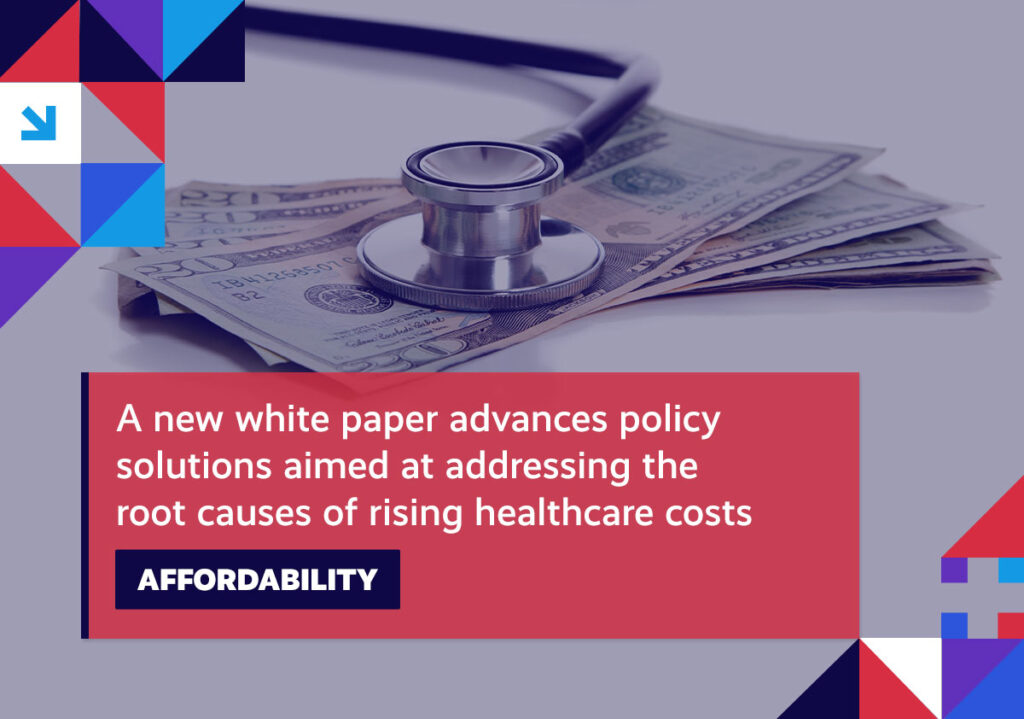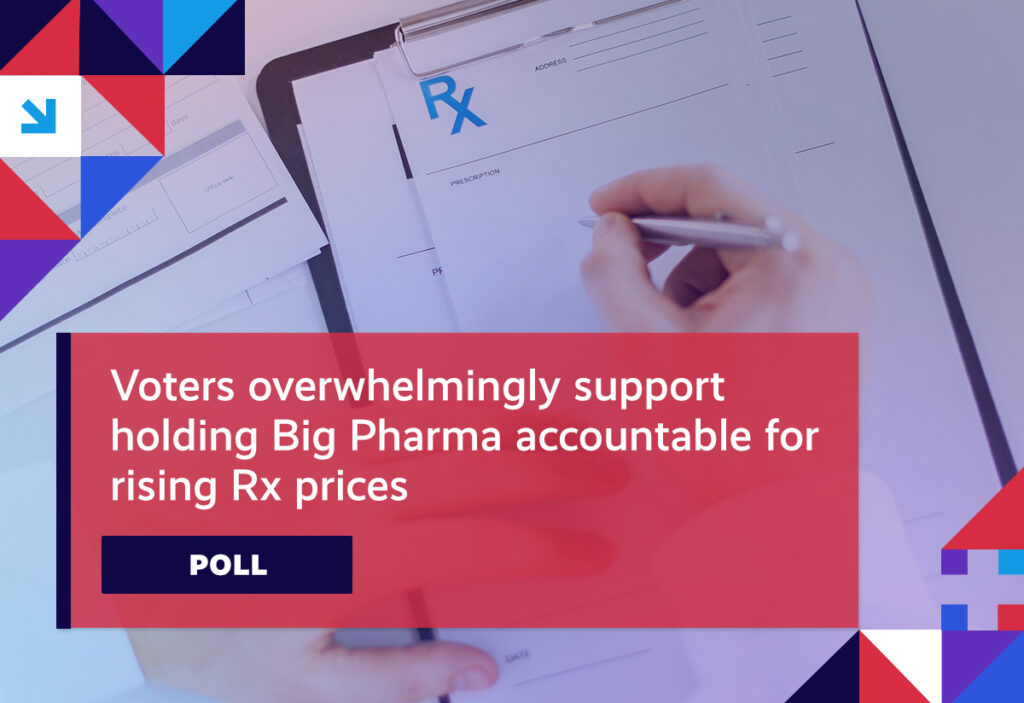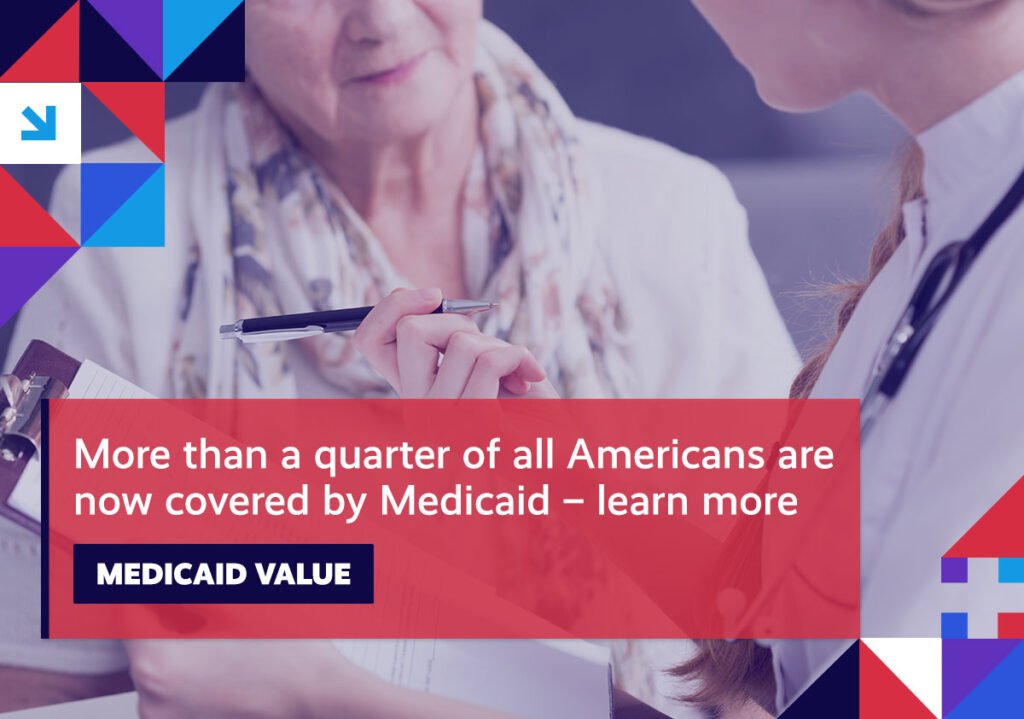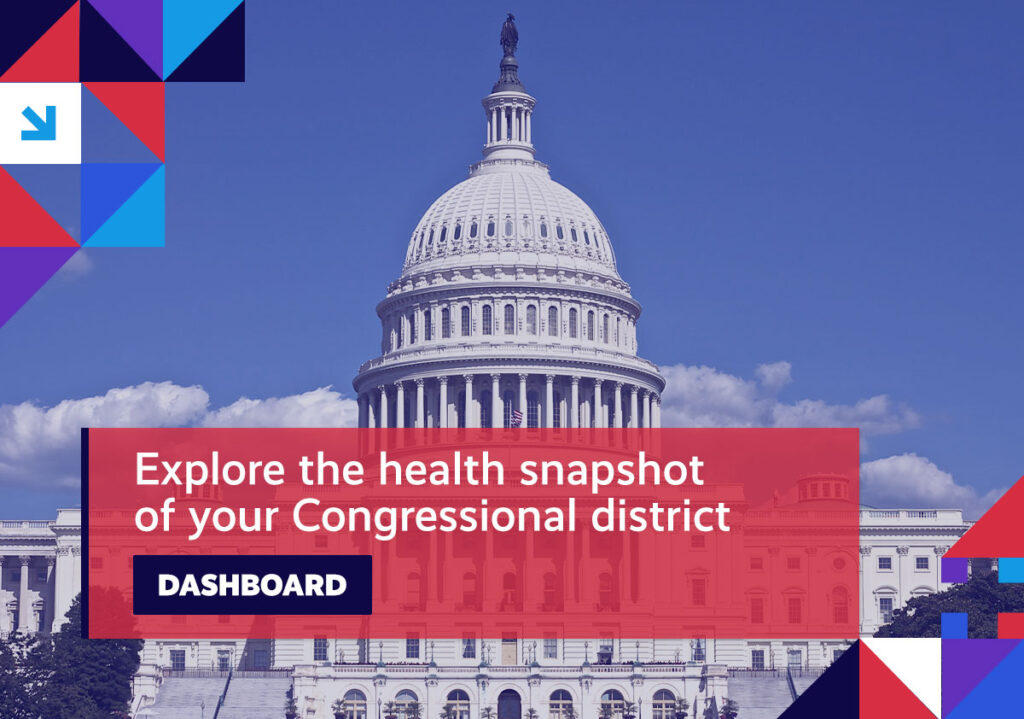A quick roundup of the issues driving the healthcare reform conversation.
Item of the Week

Week in Review
HOSPITAL CONSOLIDATION New research shows care costs more in consolidated health systems.
Quick takeaway: Despite assertions to the contrary, when hospitals consolidate, not only do costs go up, but the promise of better quality fails to materialize.
Further context: According to a study led by researchers at Harvard University and the National Bureau of Economic Research (NBER) and published in JAMA, the care received in highly concentrated health systems is only marginally better than that delivered by independent provider practices or hospitals, while patient costs are significantly higher.
What it means: Whether through mergers and acquisitions of physicians and hospitals or through the conglomeration of separate provider systems, the relative market share of these large health systems has led to a dramatic reshaping of the contours of care delivery in the U.S. Unfortunately, this hasn’t translated into better-value care for patients.
PRIVATE EQUITY Investor interest continues to push into the healthcare space.
Quick takeaway: While the rest of the economy was dealing with the financial uncertainty caused by rising interest rates and historic inflation, 2022 was a banner year for private equity firms, who managed to notch their second biggest year on record when it comes to healthcare deals.
Further context: It’s no exaggeration to say that there’s very little space left unexplored by these firms, as private equity interests have managed to burrow into just about every corner of our healthcare system, including:
What it means: Concern continues to mount over private equity’s stealthy takeover of healthcare across cities and specialties, with stakeholders increasingly raising the alarm over the threat that these private equity interests pose to patients, such as ER doctors calling private equity staffing practices illegal.
Rx PRICE HIKES Nearly 600 drugs have now seen price increases to start 2023.
Quick takeaway: As previously covered, pharmaceutical manufacturers wasted no time, kicking off the New Year by jacking up the prices on hundreds of prescription drugs. In fact, through the first two weeks of January, 587 drugs have now seen an average price increase of 5.5 percent.
Further context: Digging deeper, a few companies distinguished themselves, raising their prices well in excess of the industry average:
- AbbVie, which increased the price of its cash cow drug, Humira, by 8 percent. That treatment, expected to come off patent protection later this year, generated $15.7 billion for the company in the first three quarters of last year alone.
- Another company, Pfizer, raised prices for a pair of cancer treatments by 7.9 percent, and for a rheumatoid arthritis medication by 6 percent.
- But, GE Healthcare was head-and-shoulders above its industry peers, clocking in with a nearly 27 percent boost to an X-ray imaging contrast agent.
What it means: With the rising cost of prescription drugs promising to occupy a good deal of bandwidth this year, lawmakers need to remember who ultimately bears responsibility for these prices.

MEDICAID Stakeholders focus on ensuring coverage for millions of Medicaid enrollees once continuous coverage requirements end.
Quick takeaway: At the start of the pandemic, federal lawmakers increased funding to the Medicaid program in exchange for states agreeing not to drop anyone off their rolls during the COVID public health emergency (PHE).
Further context: While the PHE was just renewed, a provision in a spending bill passed late last year allows states to begin the renewal process for Medicaid eligibility beginning April 1 of this year.
What it means: Since the start of the pandemic, enrollment in Medicaid and the Children’s Health Insurance Program (CHIP) has swelled by nearly 20 million people. With eligibility renewals slated to begin in just a few months, there’s fear that as many as 15 million could lose their coverage.
Stakeholders have already begun to shine a light on the issue, calling on states to engage with enrollees now to ensure they keep their coverage, or, if they’re no longer eligible, have a smooth transition to other types of coverage. To aid in these efforts, the Federal Communications Commission (FCC) has issued guidance allowing states and managed care plans to reach out to Medicaid beneficiaries via texts and robocalls with enrollment information to help minimize potential coverage losses.

Spotlight

| You can keep up with the latest by following the Health Action Network on Twitter and by liking us on Facebook. And, be sure to check us out on LinkedIn, too. As always, let us know if there’s something you’d like to see covered in a future newsletter. |
